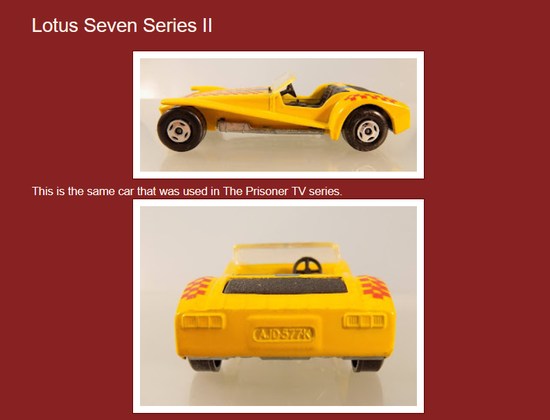
Fawzi Al-Qawuqji and the Fight for Arab Independence 1914-1948
297 pages. 41 black-and-white photos embedded in text. Index, notes on sources, and acknowledgments.
If you thought that Lawrence of Arabia told you everything you needed to know about the Arab independence movement, you need to read this book.
Fawzi Al-Qawuqji was an Arab trained in the Ottoman Imperial military schools, and fought in the Great War against Britain in Iraq and Palestine. Men of his background saw the British as the enemy, and the British (and later, French) in the post-WWI years as invading colonial powers.
He briefly served in post-WWI Syria under the French, only to lead a unsuccessful rebellion against them. Men of his background typically opposed not only what they saw as European colonialism, but also the attempt to divide the Arab world into arbitrary states – they were pan-Arabs, seeking for Arab independence with all Arabs united under one government.
Forced into exile, Al-Qawuqji served many of the Arab states, but never tied himself to one nation over the others. Because he kept out of politics, his popularity continued to grow.
In 1936, he allied with the Mufti of Jerusalem in the Palestinian Rebellion, fighting the British long after others had given up the cause. (He and the Mufti would become bitter enemies.)
Eventually, Al-Qawuqji received asylum in Germany, where he spent WWII. He had worked closely with the Germans during WWI, and the Germans had saved him from punishment for his pro-independence views. Nazi Germany similarly hoped to use the Arabs against British and French colonial powers. Al-Qawuqji was critical of Nazi plans to promote the Mufti of Jerusalem as a pan-Arab caliph… and that probably saved him when the Soviets occupied Berlin, as he could show he was not a collaborator.
In 1948, the Arab world was shocked by the plan to divide Palestine between Jewish and Arab territories – the Jewish state was seen as another form of European colonialism. The brand-new Arab League, a loose alliance of the Arab states, determined to send in troops to support the Palestinians prior to Israeli independence. Al-Qawuqji was selected to train and command this force, due to his fame and lack of ties to any single state.
The Arab Liberation Army was forced into action without adequate training, its command structure was vague with some units tied more closely to their home nations, and the promised funding, equipment and supplies were never delivered. Nevertheless, Al-Qawuqji succeeded in getting his troops across the guarded border, and scored some initial successes.
Ultimately, the Arabs lost that war, and Al-Qawuqji became the scapegoat for defeat. Yet his Arab Liberation Army was small compared to the Arab national armies which intervened after Israel declared its independence, and his forces continued fighting until the bitter end.
Al-Qawuqji retired to a life of obscurity in Lebanon, never having sought wealth or political power, and eventually wrote a memoir (in part to dispute the many attacks made against him by politicians). He died in 1976, and was given a hero's funeral.
The author is a specialist on the life of Fawzi Al-Qawuqji, and does a fine job of assessing the available sources and interviewing contemporaries. Her viewpoint is pro-Arab and anti-Israel, but this does not overly slant the book. She also does not hide Al-Qawuqji's controversial actions as a guerilla leader, or the fact that men under his command committed atrocities.
One disappointment with the book is that the author is mostly interested with how modern Arab history is told through the life of Al-Qawuqji; this is not a military biography, and while battles are mentioned, they are seldom described in detail.
Can you wargame it? There are many events in this book which could be wargamed on the tabletop, from WWI, the Syrian and Palestinian rebellions, and the 1948 war, but further research would be needed to compose complete scenarios.
A fascinating look at modern Arab history from a different viewpoint. Highly recommended.
Reviewed by ![]() Editor in Chief Bill
Editor in Chief Bill ![]()
![]() .
.








